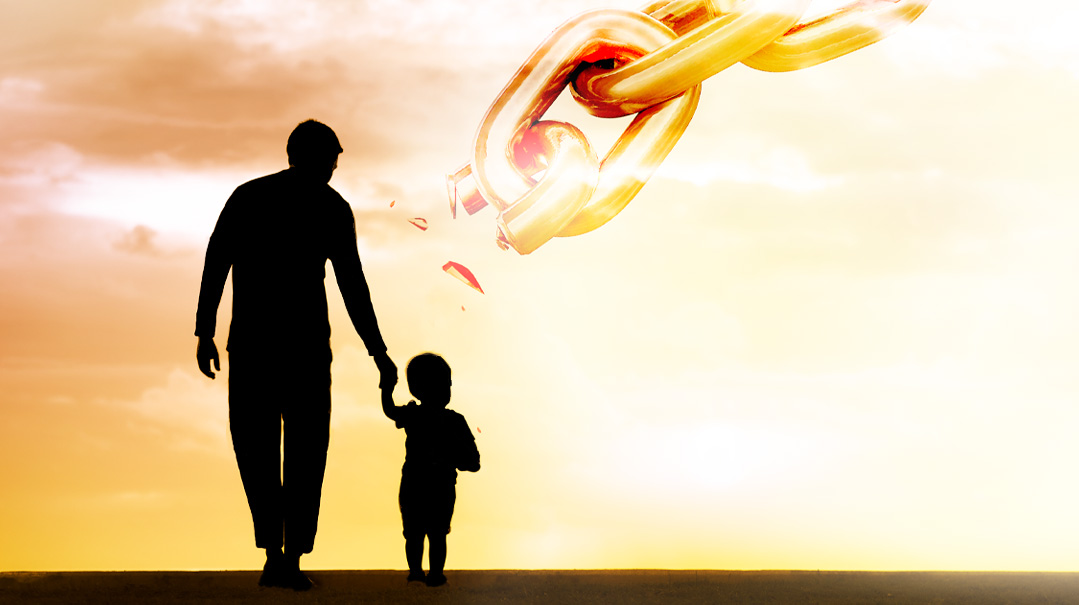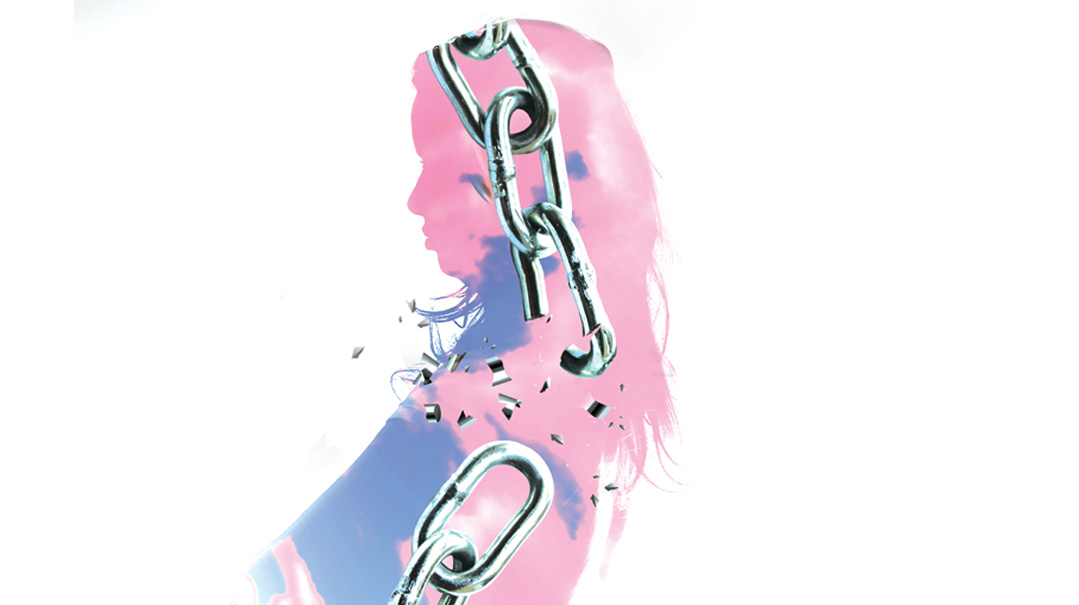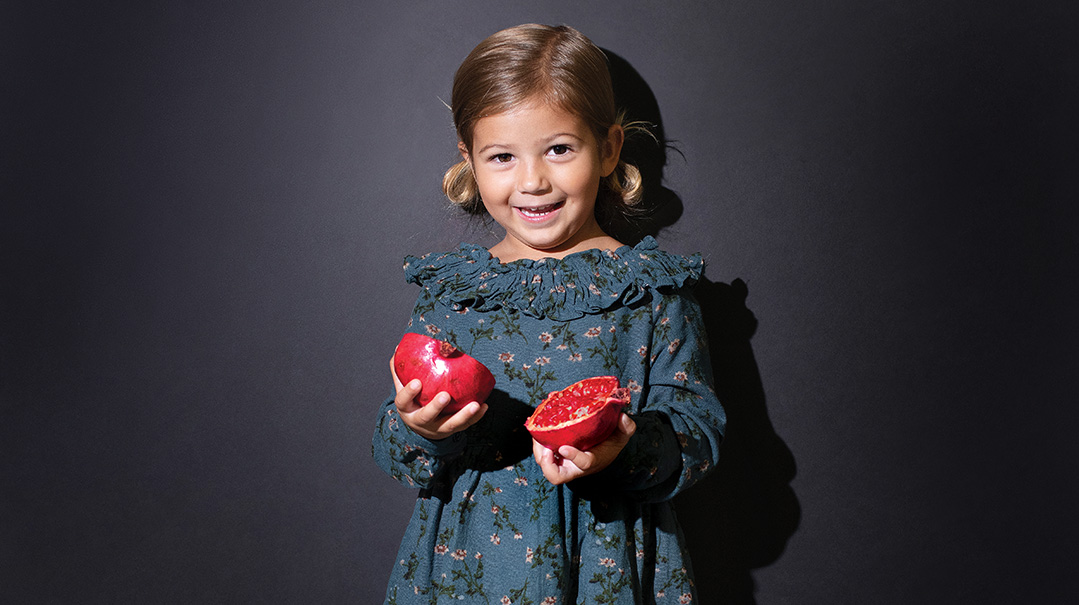The Gift of Presence
| September 20, 2022Abba was gone by dawn, not to return until after ten p.m.

I
’m sure there was a time in the early years when, still too young to know better, I didn’t sense his absence, couldn’t trace the outline of space where he was meant to be.
But by the time I was aware enough to reflect on my family’s dynamics, Abba’s role was fixed, immutable as the law of gravity, and I had no choice but to simply contend with matters as they were.
Abba was a doctor who treated patients so sick that absolute dedication to their recovery was an essential feature of his job. On the whole, I was proud of his accomplishments. When his patients and their families spoke of his compassion in the most superlative terms, comparing him to a ministering angel, to a holy man, I’d drop my eyes with affected modesty and murmur, “Yes, thank you, he’s so happy to have helped.” But another part of me flinched with raw disappointment that I didn’t share in their good fortune. Because Abba was never home.
In the better years, when he still kept some semblance of a normal working schedule, I’d come down for breakfast at seven while he was fixed at the kitchen table, coffee rings strung like a necklace across the morning’s New York Times. Then, for 20 minutes or so, we’d collaborate on my current- events projects, or just shoot the breeze.
But by the time I was in high school, our early morning rendezvous were a distant memory; Abba was gone by dawn, not to return until after ten p.m.
I was impressed with his industriousness, with the solid work ethic he’d inherited from his father, a World War II veteran who’d never quite shed his military persona. But fathers and their children in the 50s and 60s maintained a rigid hierarchy which, for the most part, was unconcerned with trivialities like emotional connection.
It’s not that Abba and I never spent time together. He learned with me on Shabbos afternoons and helped secure my wins at numerous science fair exhibitions. He swabbed my strep throat, tended to my burns, and drew my blood while I snuggled in the safe confines of my bed. In fact, in my entire childhood, I recall visiting my pediatrician only once for a sick visit, likely while Abba was away at a medical conference.
But our sporadic, somewhat duty-bound interactions were not the appropriate tools for crafting intimate father-daughter relationships. And Abba would not, could not give more.
Early on, when the reality of Abba’s absenteeism sunk in deep, I vowed that an affirmed commitment to being a caring and present parent would play a nonnegotiable role in my search for a spouse. And with every subsequent disappointment, every father-daughter interaction that rankled for its lack of depth, its cheap pretense, I reiterated that promise to myself like a sacred mantra: I will do it differently. My children will have a present father.
It’s funny, because all those years later, when I met my husband, I don’t recall ever discussing my childhood wounds with him or extracting any solemn promises related to filial devotion. I must have sensed that he was able and willing to be the father I ached for.
And when we got married, I don’t recall waiting, edgy with anticipation, to determine if his fathering was up to snuff. I simply watched as he gently and deliberately cultivated the relationships with our kids like the one I’d pined for myself.
Today, when my children turn to him for advice, direction, comfort, or just to schmooze, I feel a profound sense of gratitude for the relationship my children enjoy with their father.
Not all childhood scars can be sloughed away, but sometimes what grows in their stead is truly a beautiful thing.
(Originally featured in Family First, Issue 811)
Oops! We could not locate your form.






